Plug pulled! As PHEV utes launch in Australia, a key tax break is being removed
If you’re eyeing one of the increasing number of plug-in hybrids arriving on Aussie roads and keen to exploit the fringe benefits tax exemption then act fast!
While many members of the local auto industry want the exemption – which applies to vehicles priced under the luxury car tax purchased on a novated lease – to be extended, it now seems a forlorn hope.
The exemption will continue on for EVs indefinitely, but the April1 2025 cut-off for PHEVs seems destined to stay in place.
READ MORE: BYD Sealion 6 under threat! Chinese rival Jaecoo J7 PHEV confirmed for March 2025 launch in Australia
READ MORE: Axed! Ford abandons plan to sell Puma Gen-E compact electric SUV in Australia, opts for PHEV van instead
READ MORE: Cop that BYD Shark 6! Ford fires up Ranger PHEV towing and off-road credentials as plug-in war of words breaks out
READ MORE: 2025 BYD Shark 6 review: Can the first PHEV ute take the workhorse fight to the Ford Ranger, Toyota Hilux?
READ MORE: 2025 GWM Cannon Alpha PHEV review: plus-sized plug-in dual cab on Aussie soil
READ MORE: Ford Ranger PHEV unveiled with multiple model choices: It might not be as expensive as you fear
BYD, Ford, Mitsubishi and industry groups such as the Motor Trades Association of Australia (MTAA) and the National Automotive Leasing and Salary Packaging Association (NALSPA) are among those who have lobbied for the exemption to stay in place.
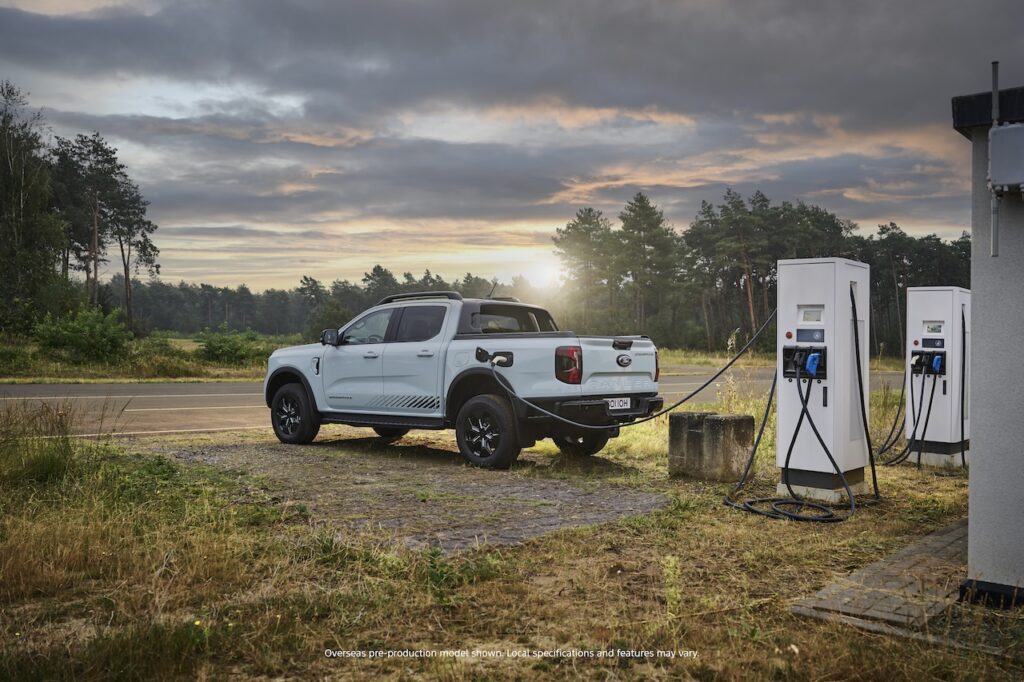
The exemption has helped energise PHEV sales and would undoubtedly act as an incentive for purchase of the plug-in utes headed our way because of the thousands of dollars that can be saved over the course of a lease.
Those utes include the BYD Shark 6, GWM Cannon Alpha Hi4T and Ford Ranger PHEV.
Ford has also announced recently a decision to add the Transit Custom PHEV to its line-up, while axing the Ford Puma Gen-E EV.
But there are also SUVs, led by the new petrol-electric BYD Sealion 6, which have helped boost interest in PHEV technology.
BYD has sold more than 5000 Sealion 6s since June and it accounts for about 25 per cent of all PHEVs sold in Australia in 2024. Overall, plug-in sales are up more than 100 per cent.
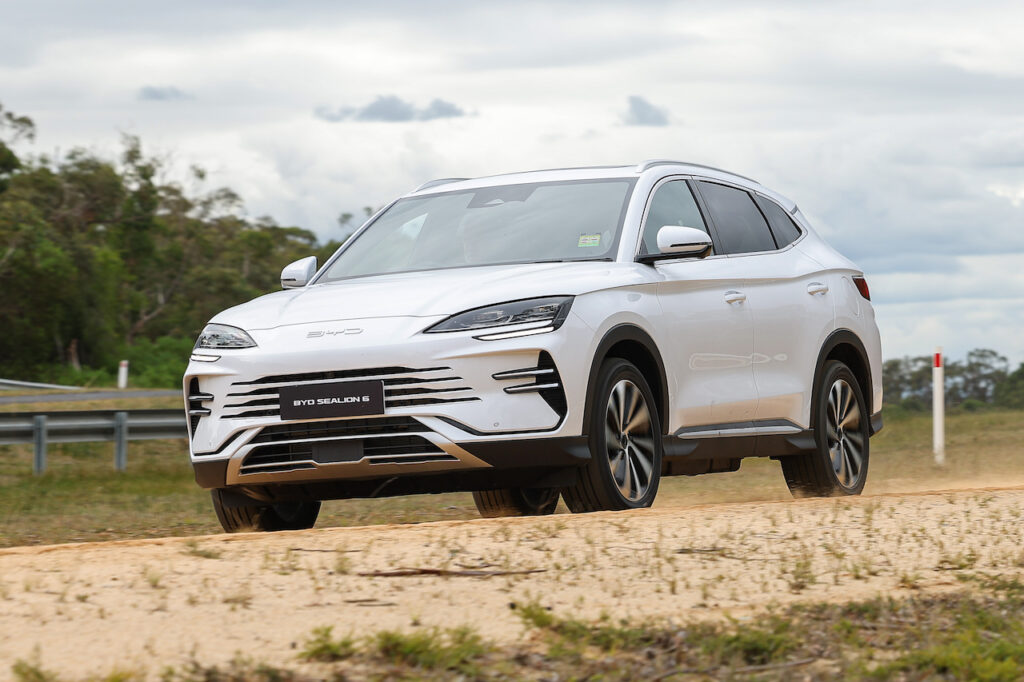
“The decision to end the FBT exemption for plug-in hybrid electric vehicles couldn’t have come at a worse time, especially as a range of hard-to-electrify utes are just entering the market,” said MTAA CEO Matthew Hobbs.
“Consumer acceptance of these vehicles will take time, and the FBT exemption is a ready-made solution to accelerate the transition to lower-emission vehicles.
“Removing it now risks slowing progress in critical sectors, particularly for rural, regional, and trade-heavy industries where practical low-emission options are still emerging.”
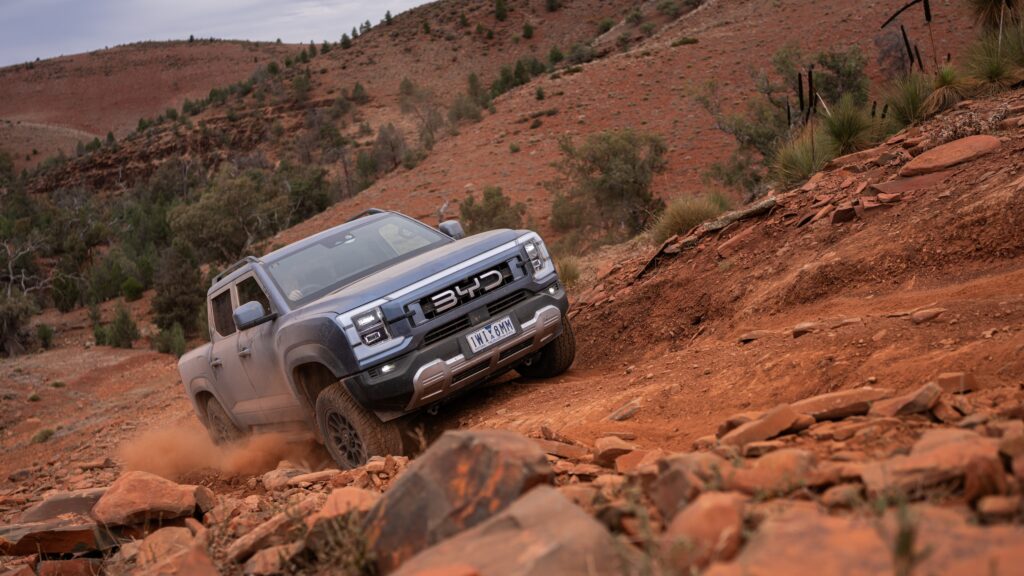
The sunset clause on the PHEV FBT exemption was a condition of the Greens and independent David Pocock backing the Electric Car Discount Bill’s passage through the Senate in 2022.
Pocock remains opposed to overturning the clause, arguing the government should not subsidise petrol cars.
“More Australians should enjoy the benefits of owning an electric vehicle, including much lower fuel costs, lower maintenance costs and a better driving experience,” he said.
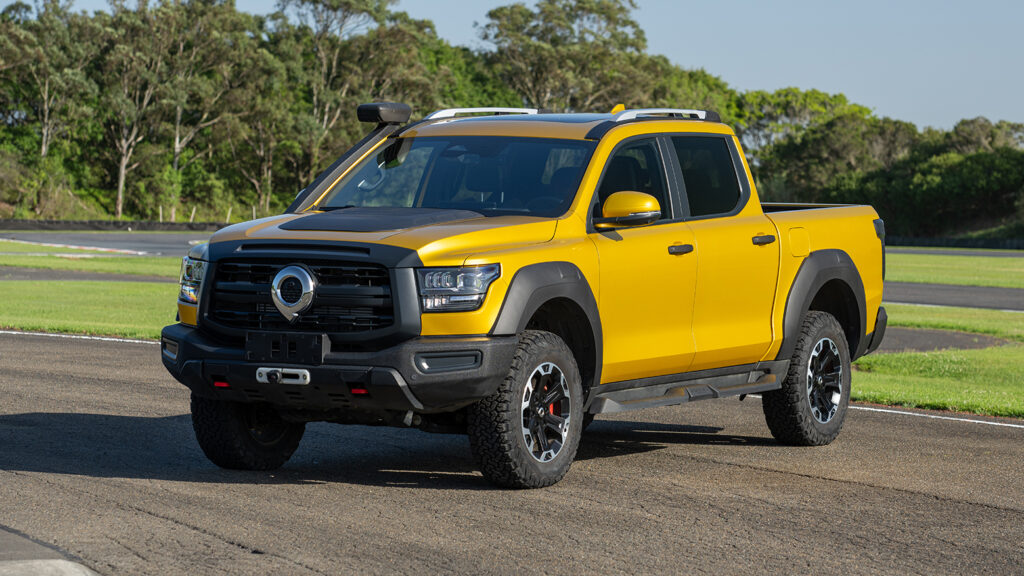
“Bold and decisive action is needed to address high EV prices, a lack of supply and insufficient charging infrastructure”
The federal minister for climate change and energy Chris Bowen has previously signalled a willingness to extend the PHEV exemption.
But with an election looming, any revision will have to wait till the next term, if Labor is returned to government.
The axing of the exemption wont stop PHEVs coming to Australia as their low emissions are going to be important for some brands to meet their requirements under the incoming New Vehicle Efficiency Standard (NVES) that commences January 1.


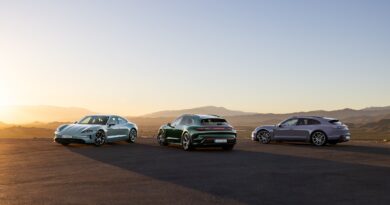
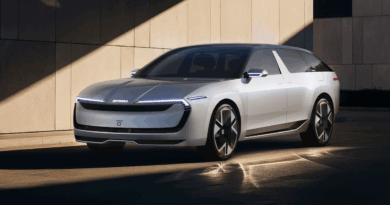
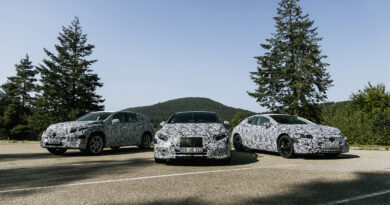
Pocock doesn’t seem to understand that opposing a PHEV zero FBT extension actually increases diesel/petrol use! Without the incentive, folks reluctant to shift to full BEV will just buy an ICE.
How about extending for PHEVs that can do at least 50 kilometres elec only, covering typical daily/urban use??